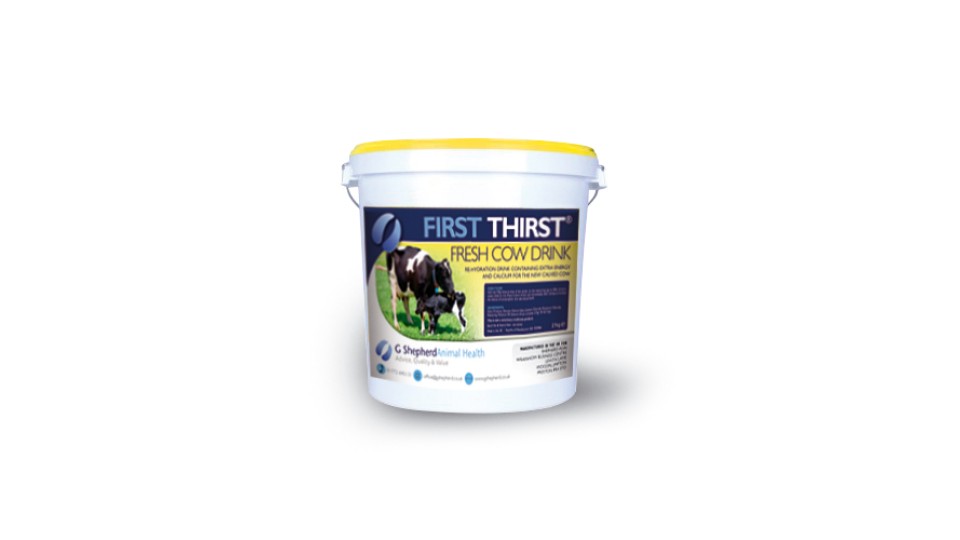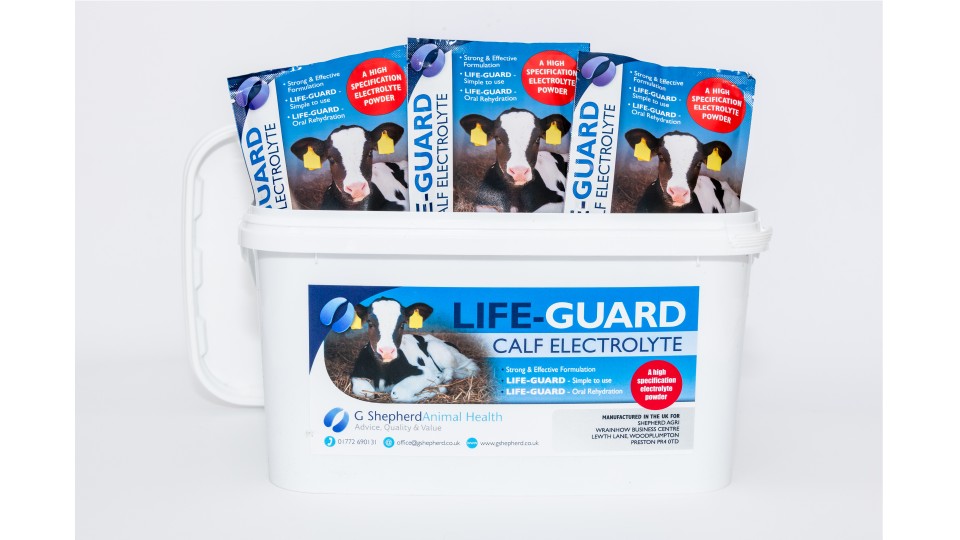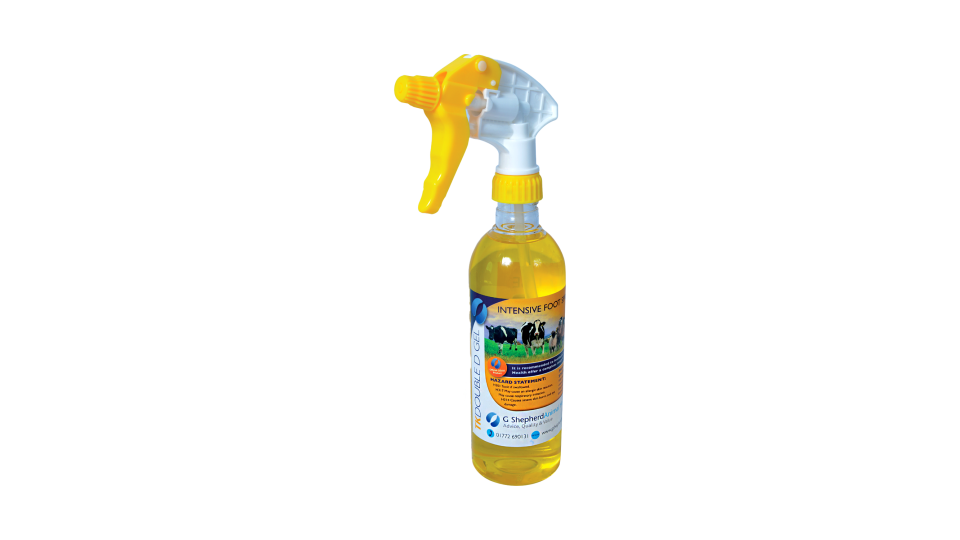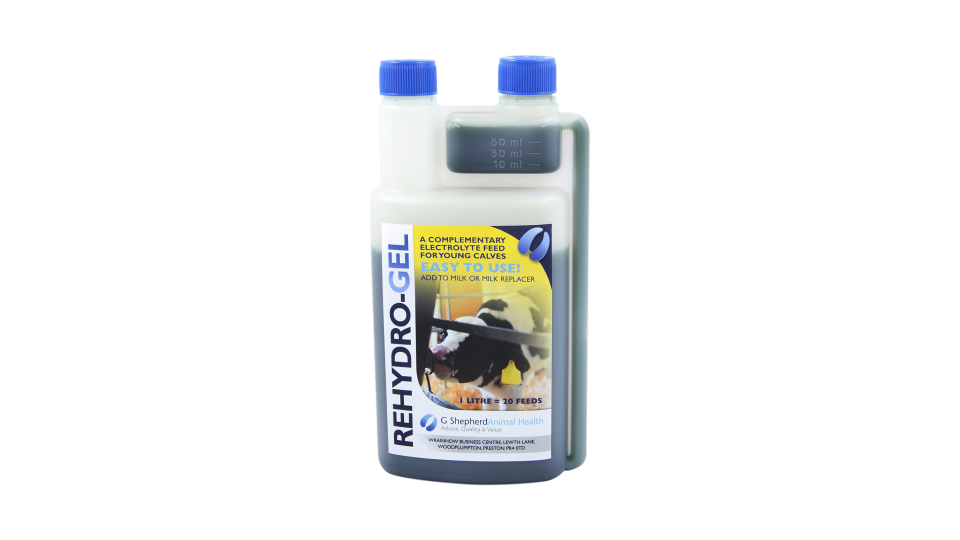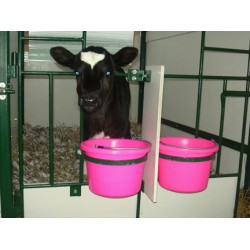New guidances on livestock vaccination prioritises the diseases animals should be protected from by default to improve cattle and sheep health in the UK.
NOAH has launched its Livestock Vaccination Guideline, which is designed to provide support to farm vets, SQPs, and farmers on best practice for preventing and controlling disease on farm. A 53-page report outlines the rationale and background for vaccination in dairy and beef cattle and sheep, and features a "categorisation tool" that grades livestock vaccinations under two categories.
Category one covers vaccinations considered highly important in flocks and herds, and diseases against which animals are "vaccinated as default unless appropriate justifications have been clearly identified by the vet and farmer working together". The guidance stipulates any justifications for not vaccinating need regular review.
Bovine viral diarrhoea (BVD), infectious bovine rhinotracheitis (IBR), leptospirosis, bovine respiratory disease and calf scour are all ranked category one for dairy cows, with BVD, leptospirosis, clostridial diseases, respiratory syncytial virus and IBR the most important in beef cows and calves.
Clostridial diseases, footrot, toxoplasmosis, pasteurellosis and enzootic abortion of ewes are all category one vaccinations that should be the default in sheep.
Other vaccinations are classed under category two, where they are recommended as best practice with flexibility, depending on farmers and vets reviewing and discussing specific herds and flocks. NOAH said the Guideline brings current veterinary clinical experience and research together to demonstrate a best practice approach to vaccination decision-making. Jonathan Statham, who chairs the Animal Health and Welfare Board for England, is report co-author for dairy; Fiona Lovatt, an RCVS-recognised specialist in sheep health covers the sheep section; and Jon Henry, RCVS advanced practitioner, discusses beef cattle considerations.
The NOAH guideline is available online now.
VetTimes


